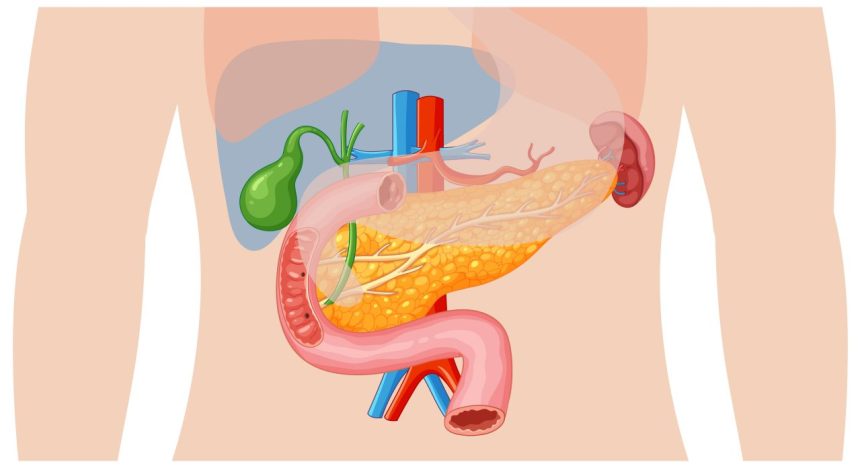Chemical digestion is a vital process that breaks down the food we consume into its smallest usable building blocks. This system, which comes into play after mechanical digestion, plays a crucial role in the breakdown of macronutrients such as carbohydrates, proteins, and fats.
Chemical digestion occurs through hydrolysis, a process in which digestive enzymes and water work together. During this process, large, complex molecules are broken down into smaller, simpler components. For example, proteins are converted into amino acids, carbohydrates into simple sugars (such as glucose), and fats into fatty acids and glycerol.
These breakdown processes begin in the mouth with saliva but are primarily concentrated in the stomach and small intestine. Stomach acid and enzymes secreted by the pancreas drive this process. The broken down small molecules are absorbed in the small intestine, enter the bloodstream, and are used by body cells for vital functions such as energy production and repair.
In short, chemical digestion not only converts the food we eat into energy but also provides the body with the building blocks necessary for a healthy metabolism. The effective operation of this process directly impacts overall health.










